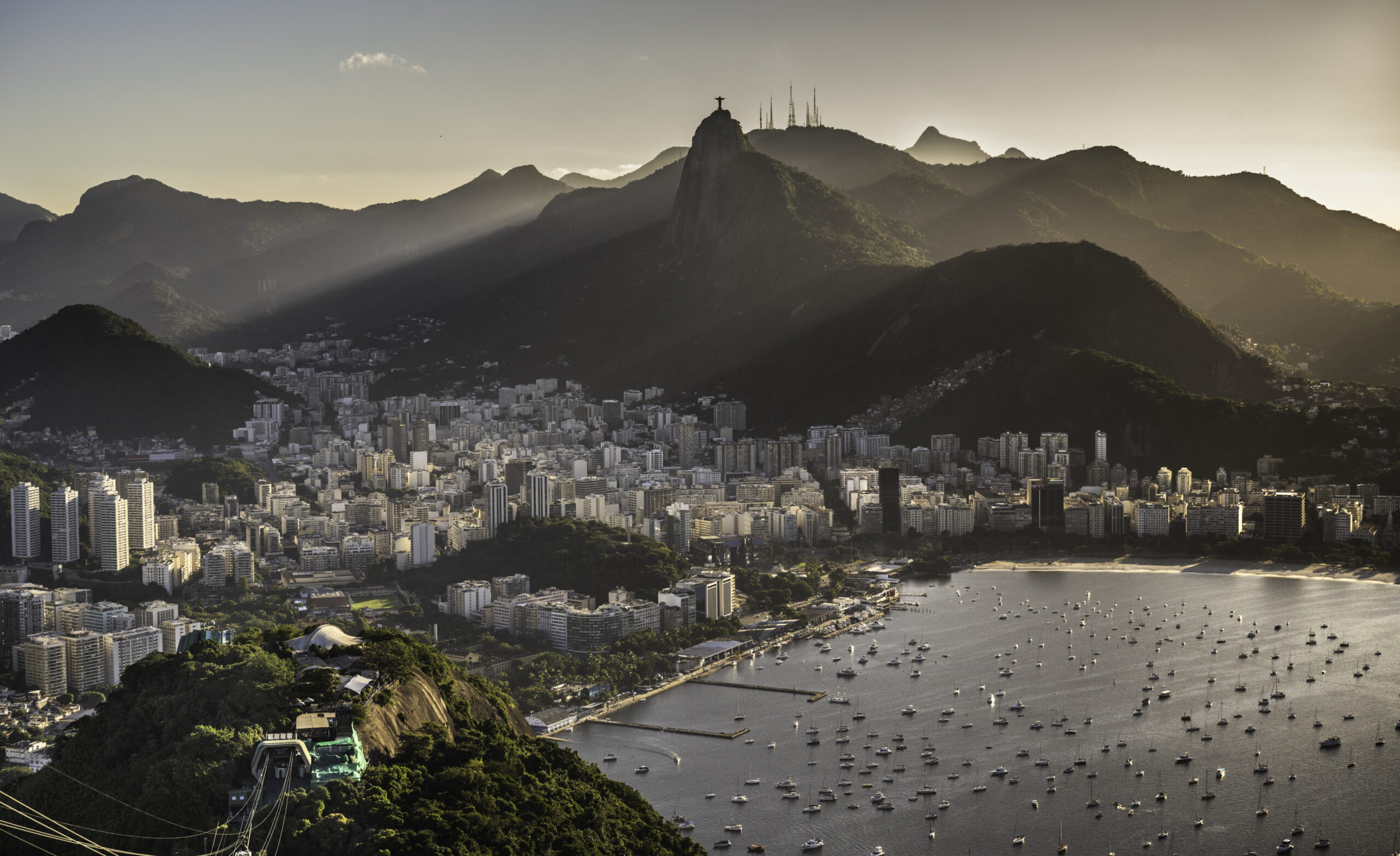Human Rights Watch (HRW) has released a critical report highlighting the severe impact of illegal cattle ranching on indigenous lands in the Brazilian rainforest. The organization urges the Brazilian federal government to take immediate action to dismantle these illegal operations and restore affected indigenous communities, particularly in the state of Pará.
The report specifically addresses the devastation in the Terra Nossa settlement and the Cachoeira Seca Indigenous territory, where illegal ranching has displaced residents, destroyed homes, and ruined crops. According to HRW, some of these illegal farms are connected to suppliers for JBS, the world’s largest meat-processing company. This connection raises concerns about the role of major corporations in contributing to deforestation and human rights abuses.
HRW identified at least five instances where cattle from illegal ranches were sold outside protected areas and subsequently supplied to JBS. Despite JBS’s commitment to a global policy for a deforestation-free supply chain, the company has faced criticism for its inability to effectively track its indirect suppliers. The company has stated that by 2026, it will require direct suppliers to disclose information about their indirect suppliers. Nevertheless, HRW highlights that there is currently no federal requirement in Brazil for tracking cattle origins.
Luciana Téllez Chávez, a senior environment researcher at HRW, emphasized the shortfalls in JBS’s tracking capabilities. “JBS still does not have a system to track its indirect suppliers of cattle, despite pledging it would implement one as early as 2011. Without it, the company cannot meet its commitment to eliminate deforestation from its supply chain by the end of 2025,” she said. Chávez also pointed out that addressing both deforestation and human rights abuses in cattle supply chains is a shared responsibility between producers and consumers.
The Terra Nossa settlement was established by the Brazilian government in 2006 as a rural settlement for small farmers. However, by 2023, a staggering 45.3 percent of this land had been converted into illegal cattle ranches. The Cachoeira Seca Indigenous territory, legally protected from such incursions, also experienced significant deforestation, with 2024 recording the highest rates of deforestation in an indigenous area. Lawful residents are often forcibly displaced, facing violence when they resist the encroachment on their lands.
Despite existing legislation aimed at preserving the Amazon, including the Forest Code, the region continues to suffer from rampant deforestation. Currently, approximately 17 percent of the Amazon has been deforested, with cattle ranching identified as the primary cause of this environmental degradation.
HRW has called on the Brazilian government to take decisive action against illegal cattle ranches and provide compensation to the communities affected by these unlawful occupations. The organization is also pressing JBS to address its role in human rights abuses associated with its supply chain.
The situation in Pará illustrates the broader challenges facing indigenous communities and environmental protection efforts in Brazil. Without significant intervention, the cycle of deforestation and displacement threatens not only the rights of indigenous peoples but also the integrity of the Amazon rainforest itself.
